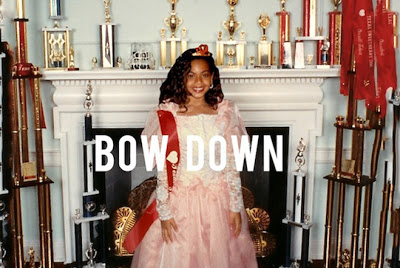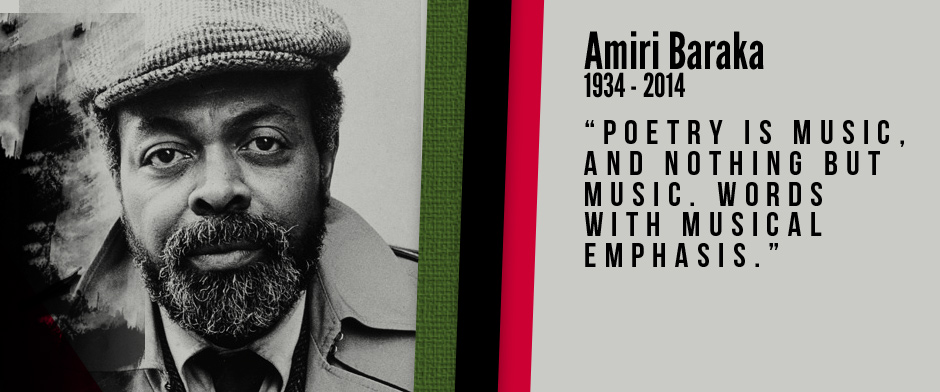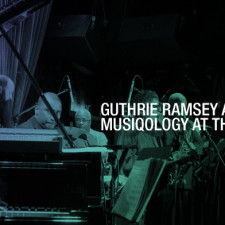 Beyoncé is everywhere. She’s one of the top pop music stars of the 21st Century…and married to another top music star of the 21st Century. Her ubiquity alone is enough to entice academic discourse, but even more enticingly she’s a woman who is the head of a multi-million dollar global academic empire who performs a polarizing sensuality that still finds acceptance in both the White House and sold out shows at sports arenas. She offers up a diverse (and perhaps contradictory) pop music repertoire that includes “Ave Maria,” “Independent Women,” “Cater to You,” and now, “Bow Down Bitches.” What is more, she performs all of these song-identities convincingly.
Beyoncé is everywhere. She’s one of the top pop music stars of the 21st Century…and married to another top music star of the 21st Century. Her ubiquity alone is enough to entice academic discourse, but even more enticingly she’s a woman who is the head of a multi-million dollar global academic empire who performs a polarizing sensuality that still finds acceptance in both the White House and sold out shows at sports arenas. She offers up a diverse (and perhaps contradictory) pop music repertoire that includes “Ave Maria,” “Independent Women,” “Cater to You,” and now, “Bow Down Bitches.” What is more, she performs all of these song-identities convincingly.
So what are we to do when the woman who sang (or lip-synched for those who insist on harping on that fact) the National Anthem at President Barack Obama’s second inauguration sings a song like “Bow Down Bitches?” Here’s an excerpt Musiqology’s Editor in chief, Guthrie Ramsey, his response from his special feature on New Black Man.
~Managing Editor, Musiqology
I define a song as a collision of structure, circumstance, and experience. They are incredibly powerful things, particularly when they are mass mediated. They do meaningful cultural work, and that’s why we care. The musicologist Carolyn Abbate wrote that “musical sounds are very bad at contradicting or resisting what is ascribed to them . . . . they shed associations and hence connotations so very easily, and absorb them, too.” In Race Music: Black Culture from Bebop to Hip-Hop I wrote that musical styles and social identities are a lot alike in that they are both processes that signify in the social world. And further, social identities share an important attribute ascribed to musical sounds: connotations and associations about identities are “very easily absorbed.” It’s part of the magic.
For these reasons, and in the tradition of Grimm’s fairy tales, “Bow Down” for me is both gift and poison. I’m curious about the structure of the track, its mode of production, the maker of the beat, its chop and screw elements, its three modes of timbral address in the vocals. On the formal elements of this song, both Bradley and Faniel have more than sufficiently described the “circumstance” of this song—its historical and geographic identity. At the same time, I find the sentiment of the lyrics—the emotional focal point of a song for a majority of listeners—are sophomoric, unfortunate, and, perhaps, even worse.
Read the full post over at New Black Man.
Tags: beyoncé, bow down, Maco Faniel, Mark Anthony Neal, new black man, regina bradley

 Share On Facebook
Share On Facebook Tweet It
Tweet It




![[VIDEO] Black Music and the Aesthetics of Protest](https://musiqology.com/blog/wp-content/uploads/2015/03/onlynchings1-225x225.jpg)








